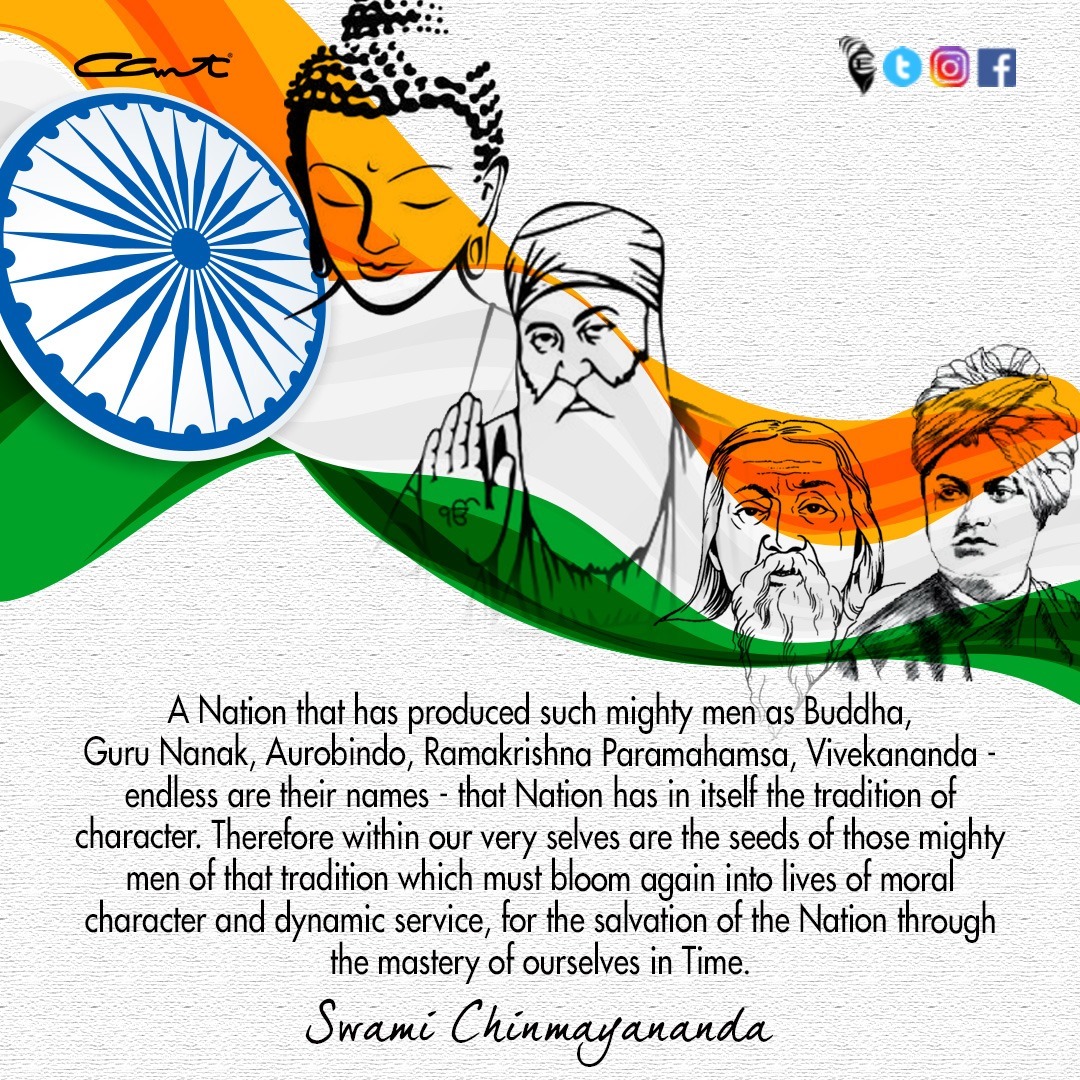Ancient Culture ( Samskaram ) of Bharatham-5.6. : Swami Krishnananda.
---------------------------------------------------------------------------------------------------
#Opinion :Friday, May 28, 2021. 07:22. PM. 2398..
Chapter- 5. Introduction to the Epics - 6.
----------------------------------------------------------------------------------------------------
literary aspect of Sanskrit in the epic Ramayana is lyrically oriented, mellifluous, smoothly flowing, calming the spirit, calming the emotions, stilling your passions like the slow, steady, calm and quiet movement of the Ganga in the wintertime. It is not the tumultuous movement of the Ganga during the rainy season; that is the Mahabharata. If you want to know how the Ramayana story moves smoothly, as if it is not moving at all and yet moving, you can see the Ganga moving now. It is moving, yet it does not appear it is moving at all. Calm, quiet, leisurely and majestically, royally, the Ganga is moving now in this season. But see her in the month of July and August; that is the Mahabharata. Great things are coming; huge waves dash over one another. A cataclysm of thoughts, an avalanche of ideas descend on your head when you read the Mahabharata, and you are stirred into a spirit of intense activity and doing something in some way or the other for some purpose. This spirit is instilled in you by the Mahabharata of Vyasa, whereas when you read the Ramayana you are calm, quiet, subdued, and feel sober and restful.
Militant language is used in the Mahabharata Sanskrit; virile poetry is the Mahabharata, whereas the Ramayana may be said to be a feminine type of poetry, calm, quiet, sober, leisurely, not yelling out roughly. Rough and rue poetry is sometimes seen in the Mahabharata. Calm and quiet, beautiful poetry is in the Ramayana.
I shall tell you something about the origin of the Ramayana epic and the origin of the Mahabharata epic for your diversion, as a kind of interesting information which you will be happy to know. Sage Valmiki was walking in the woods, and he saw a hunter shooting a bird, a male bird which was with its consort on a tree. The male and female birds were krounchi. Krouncha is a variety of birds. And the couple were on the tree. A hunter shot an arrow at the male. The poet, Sage Valmiki, was looking at it, feeling grieved and struck to the quick. He uttered one imprecation, cursing this hunter. This verse is the beginning of the Ramayana in Sanskrit.
"Ma nishada pratistham tvamagamah sasvatih samah,
yat krauncamithunndekam avadhih kamamohitam." :
Wretched man! Eagerly, affectionately the couple were seated on the tree; the lover and the beloved were sitting in great joy inwardly. You struck one of them cruelly. Therefore, I utter this word: May you not live long. You die as you made the poor bird also die.
Brahma, the Creator, came down immediately upon hearing these words of the great Sage Valmiki and said, “You have glorified Rama, the incarnation of Vishnu in this series of words that you have uttered. I ask you to write the whole story of Rama, the incarnation of Vishnu, in future.”
The sage was stunned. “When did I utter words in praise of Rama? I cursed the hunter; that’s all I said. I never took the name of Rama, I don’t know anything about Vishnu’s incarnation, and I was not in a mood of glorifying anyone. I was, rather, in a mood of cursing.”
“No, it is not so. You thought it is a curse but actually, inadvertently, you uttered not merely prose, you spoke poetry,” said Brahma.
“Poetry? I uttered poetry in cursing?” asked the sage.
This is the first poem, the first verse of a type of a poem in Sanskrit, they say, and so Valmiki is called the original Sanskrit poet of India.
To be continued ....
========================================================================================
JAI HIND
JAI BHARATHAM
VANDHE MADHARAM
BHARAT MATHA KI JAI.
========================================================================================












Comments
Post a Comment